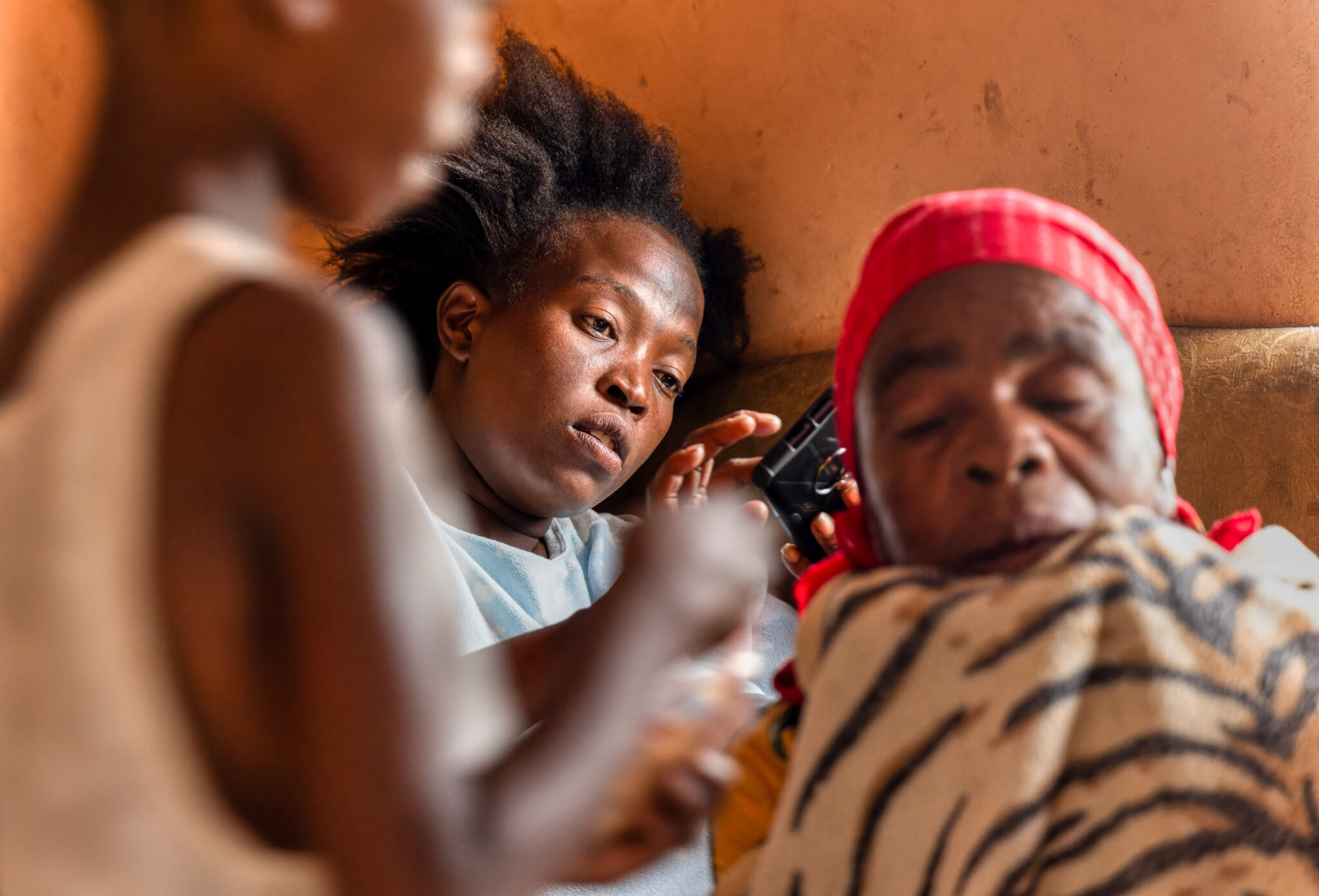Can Mobile Phones Promote Government Accountability?

Woman using mobile device in a family setting. © poco_bw – stock.adobe.com
In recent years, there has been a huge growth of mobile phones in the developing world. In Tanzania, mobile phone subscriptions have grown from about two million in 2004 to over 17 million in 2009. The majority of studies examining this technology have focused on economic impact, with less conclusive scholarship on political and gender aspects. This project focuses on the “mobile gender gap” in Tanzania by analyzing the experience of Daraja, an NGO that encourages citizens to monitor the quality of their local water supply via text messages, which the organization then transmits to government officials and local media. While lack of clean water access is of particular significance to women and girls, who usually bear responsibility for household water provision, women are less likely to participate publicly in monitoring government. This study tracks mobile use patterns by gender in villages targeted by Daraja’s intervention, in addition to surrounding villages. Interviews are conducted to investigate gender-related barriers to mobile phone access and cross-gender differences in monitoring incentives. To incorporate geographical variables, the project also analyzes data from Daraja’s partner NGO WaterAid, which has begun an extensive water point mapping project. Results forthcoming.

